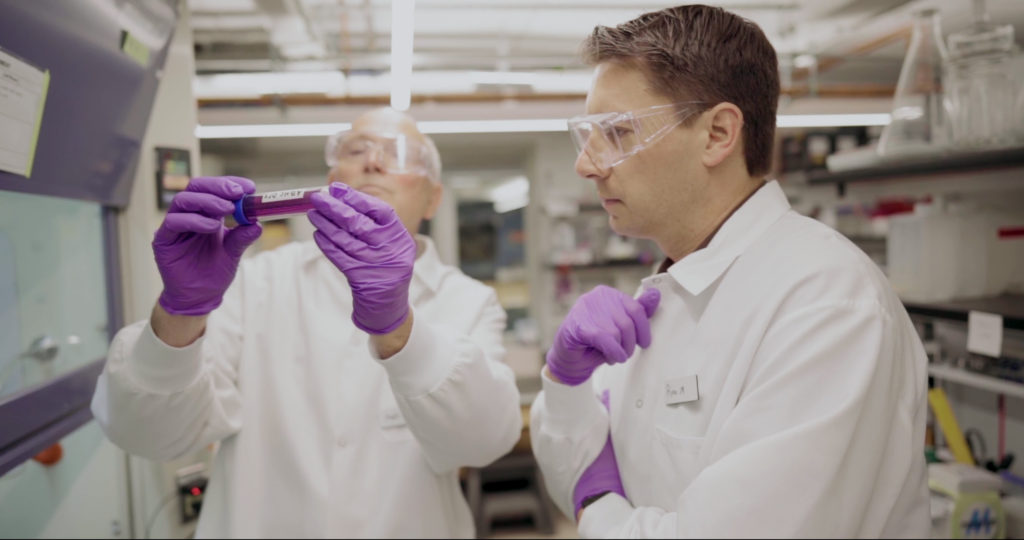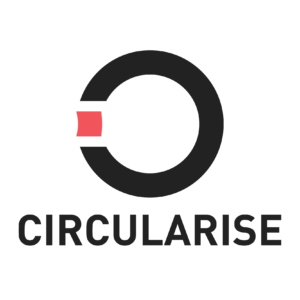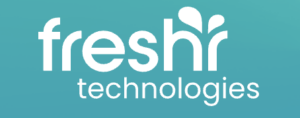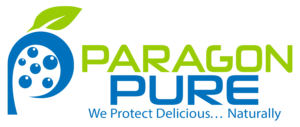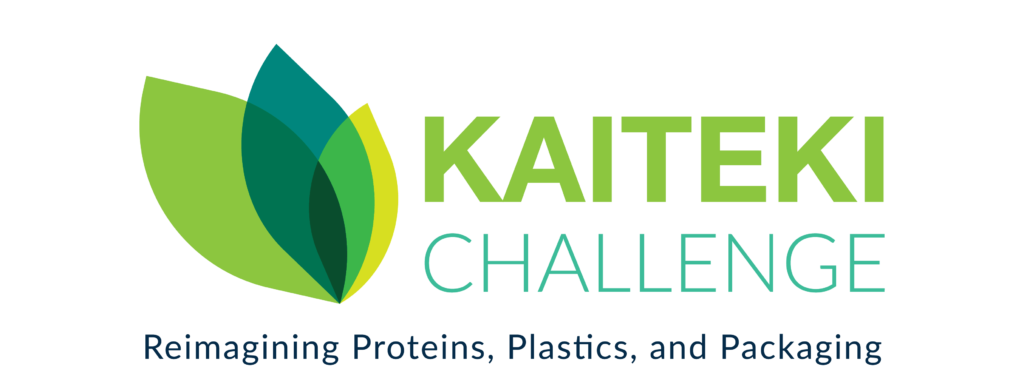
With Greentown Labs and Mitsubishi Chemical Holdings Corporation


About the program
The Greentown Labs KAITEKI Challenge, in partnership with Mitsubishi Chemical Holdings Corporation (MCHC), ran in 2021 and was focused on innovations that enable sustainable consumption in daily life. This six-month program fostered collaboration between MCHC and six startups innovating in proteins, plastics, and packaging, with the goal of accelerating much-needed climatetech solutions.
The KAITEKI Challenge is part of Greentown Launch, Greentown’s flagship corporate partnerships accelerator, which enables forward-thinking corporates to mobilize the climatetech ecosystem to advance their sustainability goals, super-charge their external innovation strategies, and forge meaningful partnerships with industry-disrupting startups.
During months of workshops and frequent touch points between MCHC and the selected startups, program participants received extensive mentoring, business training, and access to resources to advance their technological and commercial development, working toward mutually agreed upon goals in cooperation with MCHC.
KAITEKI Challenge Participants
The KAITEKI Challenge received more than 115 applications from 35 countries, representing a range of technologies distributed across the three topic areas. After a highly competitive selection process, six companies were chosen—one was in stealth mode and therefore not listed here:
- BlakBear (London, England) measures freshness from inside meat and fish packaging and stores the data in the cloud. BlakBear does so by using a smart label incorporated inside packaging, which measures spoilage gases and transmits the data wirelessly. This enables supply chain improvements and reduction of waste.
- Circularise (The Hague, The Netherlands) helps manufacturers to digitize raw materials and trace them to end products and parts. Circularise’s traceability software, built on blockchain technology, enables companies to make material information easily accessible to customers and regulators, without sharing sensitive and proprietary material composition information.
- Impactful Health R&D (Nova Scotia, Canada) is developing sustainable active packaging to prolong the shelf life of fresh fish. This approach can increase return on investment for the entire value chain, while reducing organic waste and plastics pollution.
- Paragon Pure (New Jersey, United States) creates ingredients to replace palm oils while delivering desirable appearance, melting performance, flavor, and mouthfeel of meat analog products. Olé pb™ is a rice bran oleogel tailored to enable the next generation of plant-based burgers.
- STARFIELD (Shenzhen, China) uses innovative technology to create plant-based meat alternatives that are delicious, affordable, and healthy. Key technologies include protein extrusion and extraction and natural flavor enhancement solutions.
What is KAITEKI?
“KAITEKI” literally translates to “comfort” or “wellbeing” in Japanese, but to MCHC, it means much more. Since 2011, MCHC has approached its businesses through a sustainability lens, defining success not just in terms of the next quarter or even the next decade, but in terms of the next century. For MCHC, KAITEKI means “the sustainable wellbeing of people, society, and planet Earth.”
